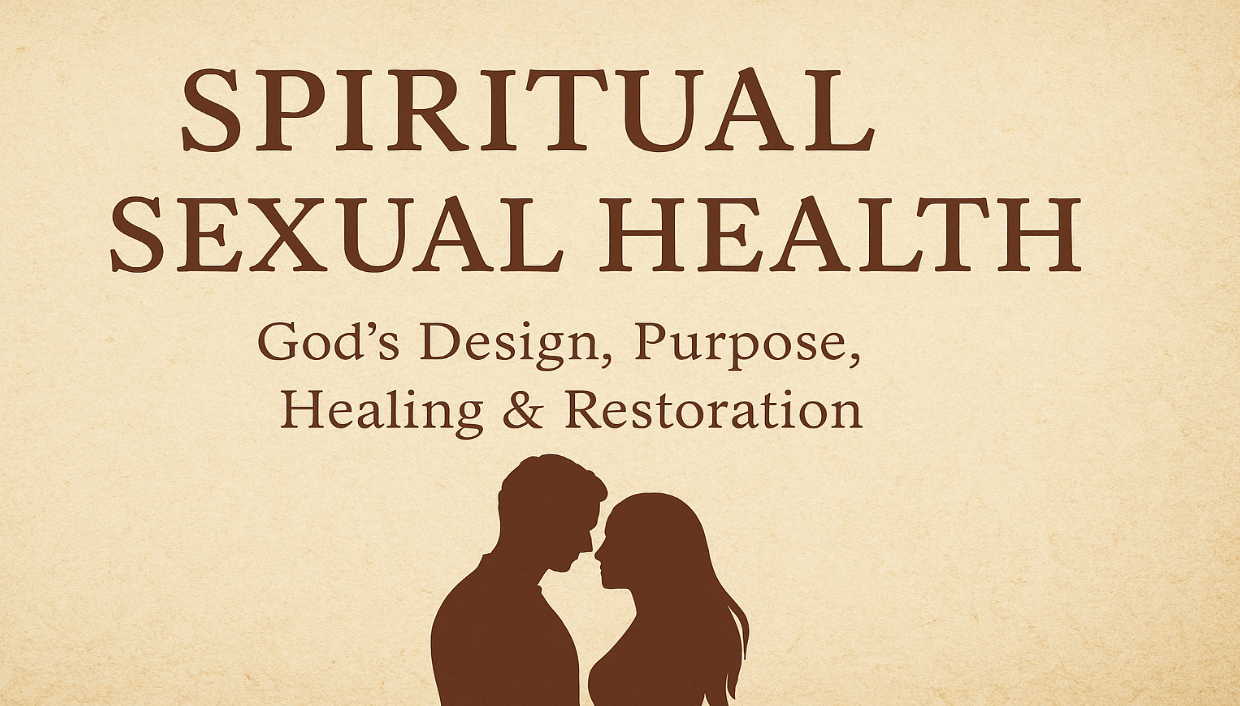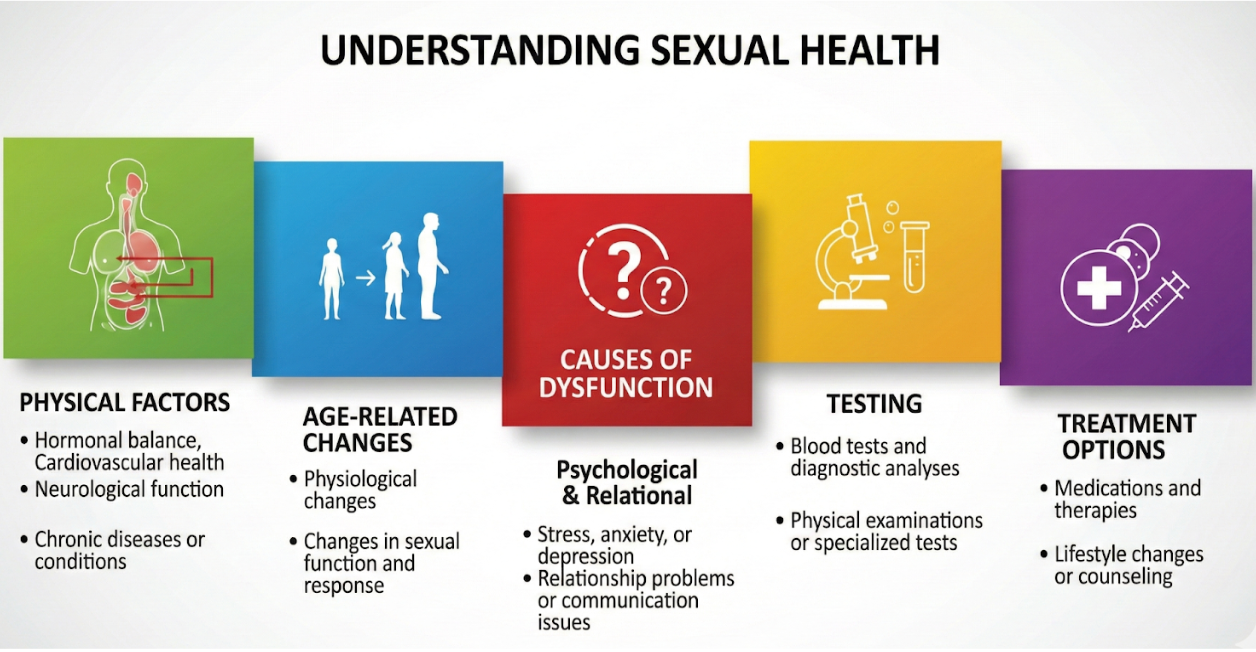Trust and the Patient-Provider Relationship: Insights from Dr. Henry Cloud’s Book

I recently read an excellent book: “Trust: Knowing When to Give It, When to Withhold It, How to Earn It, and How to Fix It” by Dr. Henry Cloud. I found its principles deeply relevant to my work as a nurse practitioner.
Trust is the foundation of all meaningful relationships, including that of patient and provider. Dr. Cloud asserts that "trust impacts everything and is essential for life" and is indispensable for "doing life well"—with ourselves, family, friends, businesses, and even matters of faith.
Think about it: we rarely choose to engage with a person, institution, service, or product unless we have some level of trust in the person or product’s ability to deliver on its promise. In healthcare, the best outcomes occur when a patient and provider establish a trusting relationship. So, if trust is important, how do you know when to give it or how to fix it when it is broken? And when it comes to your health, how do you determine which healthcare provider is worthy of your trust?
Using Dr. Cloud’s five essentials of trust—understanding, motive, ability, character, and track record—let’s explore how to find a provider suited to your unique health needs.
1. Understanding
A trustworthy provider listens to you. They need to understand your concerns, goals, and values. Do you feel heard during appointments? Does your provider take the time to grasp what’s important to you about your health? If you feel understood, you’re more likely to engage in the care process fully, leading to better health outcomes.
2. Motive
Is your provider motivated to improve your well-being, or are they more focused on external factors like profits, schedules, or credentials? A provider’s "Why" matters. When a provider is genuinely in healthcare for the good of others, it’s evident. You’ll feel like a partner in your care, rather than a number on their schedule.
3. Ability
Understanding and caring are essential, but they’re not enough without ability. Does your provider have the expertise and skills necessary to address your specific health concerns? A cardiologist might be excellent at treating heart conditions but would not be the right choice for managing seizures or joint issues. Trust isn’t transferable across areas of expertise. Always verify that a provider has the qualifications and experience to address your concerns.
4. Character
Character is the backbone of trust. Even the most skilled and caring provider can be untrustworthy if they lack integrity. Are they honest, reliable, and ethical? Do they follow through on promises? Trustworthy character ensures that the person you’re entrusting with your health will act with your best interests at heart, even when challenges arise.
5. Track Record
Finally, consider a provider’s track record. What has their past performance been like? Have they successfully handled similar cases to yours? A proven history of reliability and success is one of the best indicators of future behavior. That said, if a provider is actively working on improving a skill or knowledge set, their actions are also worth noting.
Putting It All Together
Trust is not simply given; it is earned. Understanding, motive, ability, character, and track record form the framework for assessing whether a person is trustworthy. Importantly, no one is perfect—no provider excels in every area—but finding someone who demonstrates these qualities in their lane of expertise is critical.
As a nurse practitioner, I’ve seen firsthand how trust transforms patient care. Patients who trust their providers are more open, more engaged, and more likely to follow through on treatment plans. Conversely, misplaced trust can lead to disappointment or even harm.
Takeaways for Patients
- Trust isn’t blind. It requires discernment and due diligence.
- Look for a provider who:
- Actively listens to you and seeks to understand your concerns.
- Centers their care on your well-being rather than rigid protocols.
- Demonstrates competence in the specific area of care you need.
- Maintains integrity and ethical standards.
- Has a proven track record of reliability and success in their field.
Healthcare is deeply personal, and trust is the bridge that connects providers and patients. By carefully assessing potential providers through Dr. Cloud’s framework, you can build a relationship that fosters both health and peace of mind.










